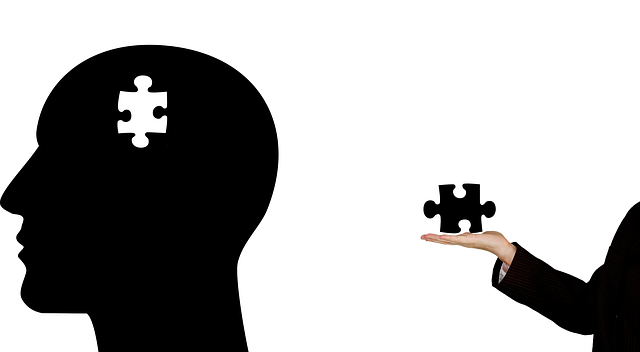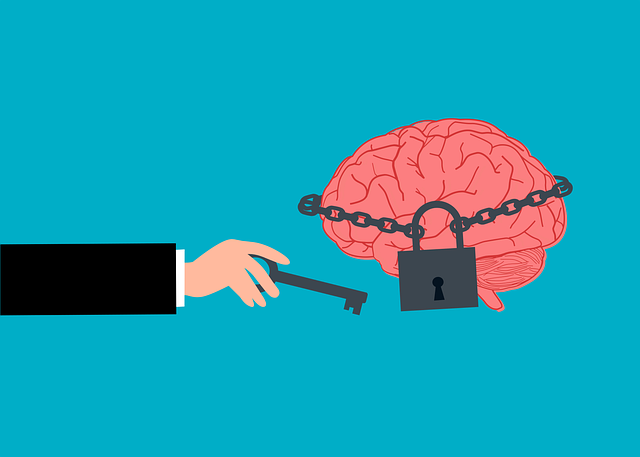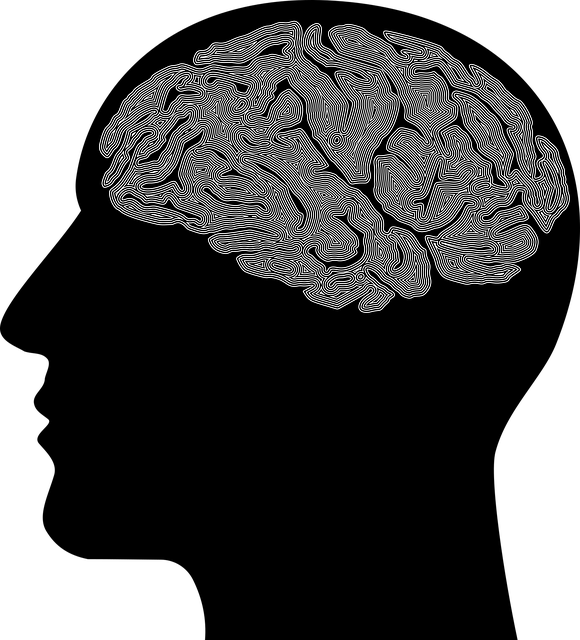Mood regulation is key to emotional well-being, especially during significant life changes like new schools or family shifts. Therapy for children provides coping strategies through play therapy and cognitive-behavioral techniques (CBT), helping young individuals understand emotions, build resilience, and develop emotional intelligence. Cultural-sensitive therapy focuses on open communication and supportive networks to normalize emotional expression. CBT empowers kids to manage negative thoughts and reduce mental health stigma. Holistic approaches like mindfulness, physical activity, and social support enhance self-esteem and mood regulation during these transitions, fostering a healthier society through early intervention.
Mood regulation is a cornerstone of emotional well-being, impacting our daily lives and overall health. This comprehensive guide explores various strategies to manage and stabilize moods across different life stages. From understanding the basics of mood regulation to delving into specific techniques like cognitive behavioral therapy and mindfulness practices, we cover everything from therapy for children navigating mood swings to coping with major life transitions. Discover practical insights and powerful tools to enhance emotional intelligence and maintain a balanced mental state.
- Understanding Mood Regulation: A Cornerstone of Emotional Well-being
- Therapy for Children: Navigating Mood Swings and Promoting Emotional Intelligence
- Major Life Transitions and Their Impact on Mood: Strategies for Adaptation
- Cognitive Behavioral Techniques: A Powerful Tool for Mood Regulation
- Holistic Approaches: Mindfulness, Activity, and Social Support in Mood Management
Understanding Mood Regulation: A Cornerstone of Emotional Well-being

Understanding Mood Regulation is a cornerstone of emotional well-being, especially during pivotal moments like Major Life Transitions. These transitions, whether marking a new school year or a significant shift in family dynamics, can trigger intense emotions. Effective mood regulation strategies empower individuals, including children, to navigate these changes with resilience. Through therapy for children, professionals teach valuable coping mechanisms that foster emotional intelligence, enabling them to manage stress and anxiety relief effectively.
Public awareness campaigns play a crucial role in promoting the importance of mood regulation as a key aspect of mental health. By educating communities, these initiatives help dispel myths surrounding emotional challenges, encouraging open conversations and early intervention. This collective effort contributes to building a healthier society where individuals can access the tools needed to thrive during life’s ups and downs.
Therapy for Children: Navigating Mood Swings and Promoting Emotional Intelligence

Navigating major life transitions can be especially challenging for children, who often struggle to articulate and manage their emotions. Therapy for children plays a pivotal role in helping them understand and regulate moods, fostering emotional intelligence that will serve them throughout their lives. Through play therapy, cognitive-behavioral techniques, and other evidence-based methods, therapists create safe spaces for young clients to express themselves. This helps kids identify triggers, develop coping mechanisms, and learn conflict resolution techniques – crucial skills for navigating life’s ups and downs.
By integrating therapy into a child’s life during these formative years, we can prevent issues like depression and anxiety from taking root. Additionally, therapists often guide parents in implementing effective self-care routines for their children, promoting mental health well-being. This holistic approach equips children with the tools to recognize and manage their emotions, fostering resilience as they grow and face future challenges head-on.
Major Life Transitions and Their Impact on Mood: Strategies for Adaptation

Major life transitions, such as moving to a new city or starting school, can significantly impact a child’s mood and emotional well-being. These changes often bring about feelings of uncertainty, anxiety, and even depression. Therapy for children specializing in crisis intervention guidance can be instrumental during these times. Professionals equipped with cultural sensitivity in mental healthcare practice understand the unique challenges faced by diverse populations and tailor their approach accordingly.
Adapting to major life transitions requires a combination of strategies, including open communication, consistent routines, and access to supportive networks. Mental illness stigma reduction efforts play a crucial role in encouraging children to express their emotions and seek help without fear of judgment. By fostering an environment where emotional expression is normalized, children can better manage their moods and develop effective coping mechanisms as they navigate these significant changes.
Cognitive Behavioral Techniques: A Powerful Tool for Mood Regulation

Cognitive Behavioral Techniques (CBT) offer a powerful tool for individuals, especially children, navigating mood regulation challenges during major life transitions. This therapeutic approach focuses on identifying and changing negative thought patterns and behaviors that contribute to emotional distress. By understanding how thoughts, feelings, and actions are interconnected, CBT empowers individuals to gain control over their moods.
For instance, during stressful life changes like moving to a new school or experiencing the loss of a loved one, CBT teaches children conflict resolution techniques and boosts their confidence to manage intense emotions. It also plays a significant role in Mental Illness Stigma Reduction Efforts by encouraging open discussions about mental health and promoting understanding and compassion.
Holistic Approaches: Mindfulness, Activity, and Social Support in Mood Management

Holistic approaches to mood regulation involve a blend of mindfulness, physical activity, and social support—a trifecta that proves potent in managing emotional well-being, especially during significant life changes. Mindfulness meditation, for instance, trains individuals to stay present and aware of their thoughts and feelings without judgment, fostering better emotional control. This technique is particularly beneficial for children undergoing therapy, helping them navigate turbulent emotions associated with major life transitions.
Physical activity plays a crucial role in enhancing mental health awareness by releasing endorphins that promote positive moods while reducing stress and anxiety. It also provides a much-needed distraction from overwhelming feelings, making it an effective tool to complement traditional therapy for children facing emotional challenges during significant life shifts. Moreover, social support acts as a critical safety net, offering comfort, understanding, and coping strategies during tough times, thereby significantly influencing self-esteem improvement and overall mood management.
Mood regulation is a multifaceted skill essential for emotional well-being. From therapy for children helping them navigate mood swings to coping with major life transitions, various strategies can enhance our ability to manage emotions. Cognitive behavioral techniques and holistic approaches like mindfulness provide powerful tools for maintaining balance. By understanding these methods, individuals can improve their emotional intelligence and overall mental health, ensuring a more resilient and fulfilling life.









